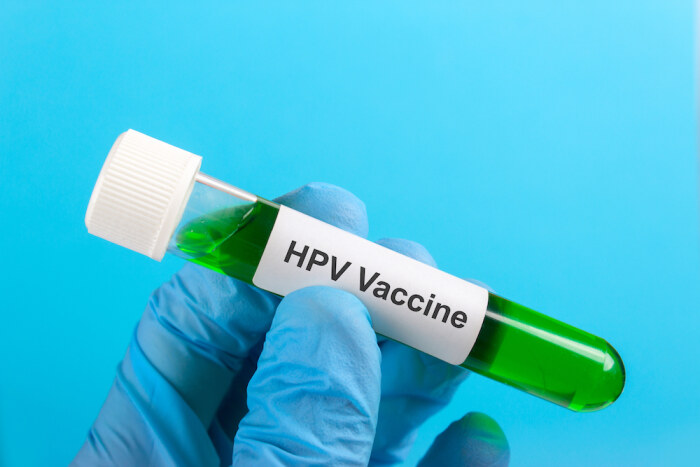LATE UPDATE: Republican lawmakers kept this provision in the final version of Senate File 496, which Governor Reynolds signed in May. Original post follows.
Rick Morain is the former publisher and owner of the Jefferson Herald, for which he writes a regular column.
One state registered a significant increase in cancer incidence from 2015 to 2019, the most recent year for which data is available from all 50 states. That would be Iowa. The only one.
According to the Cancer in Iowa 2023 report, only Kentucky ranked ahead of Iowa in the rate of its residents’ cancer cases. But Kentucky’s rate has decreased recently, while Iowa’s grew.
The reasons for those facts remain a mystery. University of Iowa researchers are trying to figure it out.
We have a lot of nitrate in our rivers, more than do most other states (maybe all others), and many of our cities draw their water from rivers. Nitrate apparently has links to some cancers.
We have an older population, but more than a dozen states surpass us in that category. Some Iowans smoke, but we trail a number of other states in that respect, too. We don’t rank at the top in obesity.
In any event, holding the unique distinction of an increase in cancer cases among our population doesn’t win us much applause. You would think we would want to educate our young people about how to avoid the dreaded disease, in all its forms.
Apparently not.
Human papillomavirus (HPV) causes more than 90 percent of cervical and anal cancers and many oral and throat cancers as well. It spreads through sexual contact. There’s a vaccine against HPV, which is very effective—if it is given before an infection sets in.
For that reason, Iowa law has required since 2007 that the health curriculum for public school students in grades seven and eight (mostly ages 12 and 13) include “age-appropriate and research-based information regarding the characteristics of sexually transmitted diseases including HPV and the availability of vaccine to prevent HPV . . .”.
The law doesn’t require that students be immunized against HPV. It informs them of the vaccine’s existence so they and their parents can decide for themselves whether to use the vaccine.
But bills now working their way through the Iowa legislature would delete the specific reference to HPV and its vaccine, ending the sentence after the words “sexually transmitted diseases.” In other words, schools will not be required to mention HPV or how its vaccine can protect against infection. That information would become optional in the curriculum rather than mandatory.
Governor Kim Reynolds included this change in her wide-ranging education bill (Senate File 496), which Iowa Senate Republicans approved this week along party lines.
Republicans have vowed to use their legislative majorities to empower parents to have a greater role in the education of their children. They’ve adopted some laws this session that they claim will do that.
Perhaps they believe the proposed change in the law about sexually transmitted diseases would similarly empower parents. But if a school district chooses to deprive children of the facts about HPV and its vaccine, it would impinge on the desire of some parents to have their offspring educated about the disease and how to protect against it, especially at an age before most young people become sexually active.
HPV is a ticking time bomb. The onset of its potential cancers takes place decades after the infection. Withholding education about HPV and its vaccine means that some uninformed pre-teens and teens will begin a journey that ends in their death by cancer years down the road.
It’s one more example in this legislative session of selective deprivation: one set of parents penalized at the expense of another set. Not only is this approach inconsistent, in this case it’s dangerous and it’s unfair.

